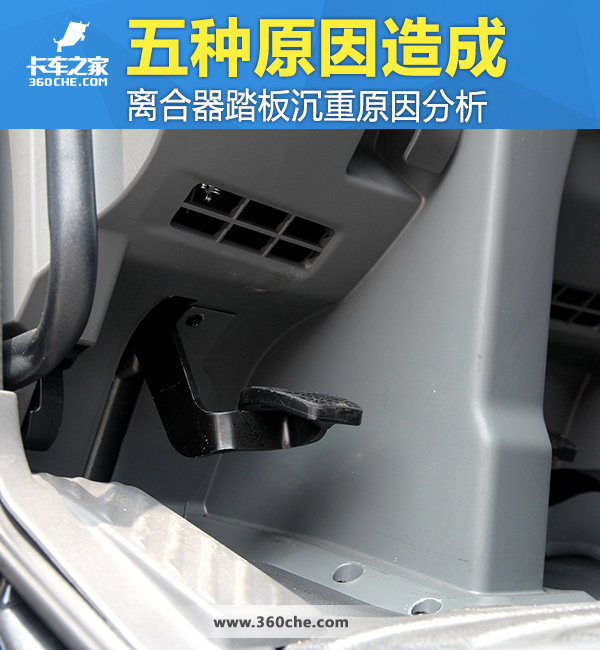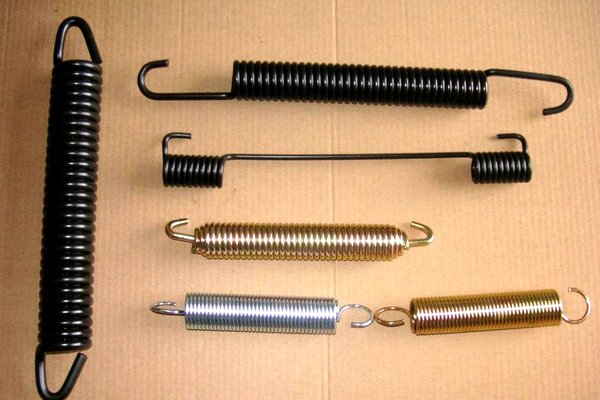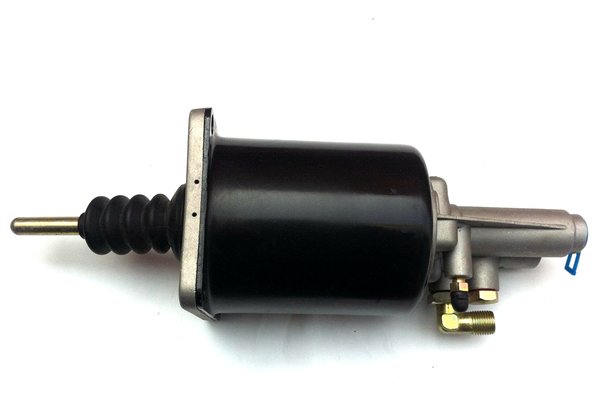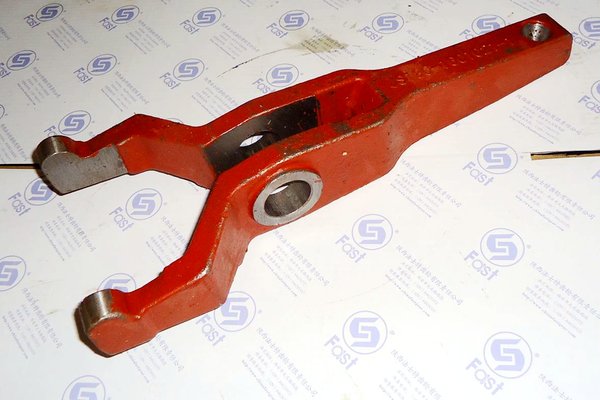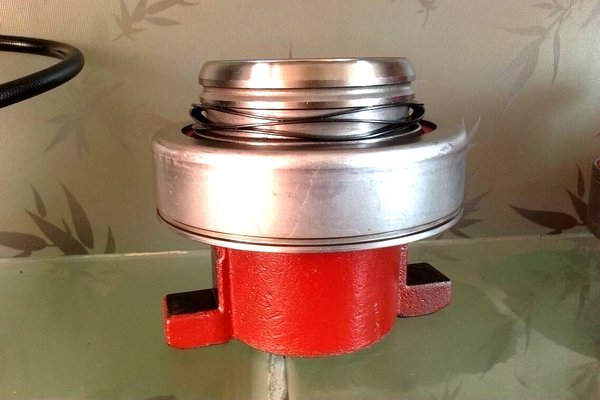15
2025
-
09
Analysis of the reasons for the heavy clutch pedal: the five most common factors.
For small car drivers, short-distance driving is a joy. However, for professional drivers, driving is a physically demanding and heavy task. For professional truck drivers, the size of the vehicle, long driving hours, and work intensity are self-evident. If the clutch pedal acts up during this time, it can make the drivers feel even more mentally and physically exhausted.
The clutch pedal is one of the devices that drivers use frequently; it is needed every time they shift gears. If the clutch pedal is very heavy, it can torture your left leg after driving for a whole day. In fact, the design of the clutch takes the driver's operating strength into account, and under normal system conditions, it should not require too much effort to operate. However, if there is a problem, it can become very heavy. Today, I will analyze some common reasons that can cause the clutch pedal to be heavy.• Reason for heavy pedal: Strong return spring tension.
In order to ensure that the clutch pedal can accurately and quickly return to the standby position when released, a return spring is designed at the pedal point. If the phenomenon of a heavy pedal occurs after replacing with a new spring, it is likely caused by the return spring exerting too much force. This problem is relatively easy to solve; simply replace it with a spring that has a smaller force.● Causes of heavy pedal: damage to the clutch booster cylinder.
Currently, almost all heavy-duty truck clutches use a power assist system, which generally makes operation easier. However, if the clutch booster cylinder malfunctions, it may lead to insufficient assistance. The result is that the clutch pedal feels very heavy when pressed. If anyone experiences issues with a heavy clutch operation, it might be worth checking whether the booster cylinder is functioning properly. Additionally, low-quality booster cylinders are more likely to have such problems, so it is recommended to choose products from reputable brands. ● Reason for Heavy Pedal: Low Compressed Air PressureI have previously mentioned that damage to the clutch booster cylinder can cause a heavy pedal, but sometimes it might not be the booster cylinder itself causing the issue. Most of the power driving the clutch booster comes from the compressed air in the air reservoir. If the compressed air pressure flowing to the booster is too low, it will cause insufficient assistance. Therefore, after such a failure occurs, the compressed air pressure leading to the clutch booster should be checked first. ● Reason for Heavy Pedal: Insufficient LubricationThe truck's clutch is driven by the booster cylinder (commonly known as the slave cylinder) through a series of mechanical structures to release the pressure plate. There are several points within this structure that require lubrication. Insufficient lubrication can lead to excessive friction, which will result in a heavy clutch pedal.
For example, the clutch release fork shaft of certain vehicle models is located inside the flywheel casing, so it can only be connected to the transmission flywheel casing via a soft hose. However, many times we neglect the existence of this lubrication point when adding grease, resulting in excessive friction on the fork shaft, leading to a heavy pedal feel, and it may even cause excessive load on the fork that could lead to fatigue and breakage.● Reason for heavy pedal: the release bearing is too tight.
The clutch is able to disengage by tightening and loosening the clutch disc through the pressure plate, and the tightening and loosening of the pressure plate is achieved through the fork driving the release bearing. The release bearing slides back and forth on the guide sleeve of the transmission input shaft to control the separation of the pressure plate. If the gap between the release bearing and the guide sleeve is too small, it can cause excessive friction, wasting driving force on the friction between the release bearing and the guide sleeve, which will inevitably lead to a heavy pedal. ● Postscript The faults causing the heavy clutch pedal mentioned above are relatively common, but in fact, the reasons for heaviness are far from limited to these few. The entire clutch system relies on all components to work perfectly together; any problem in one link can cause a chain reaction. Therefore, if you encounter such issues, you must check from multiple aspects to prevent unnecessary maintenance costs.
Previous Page



